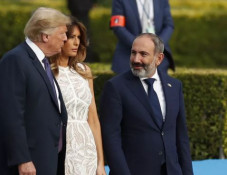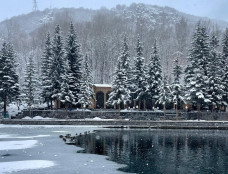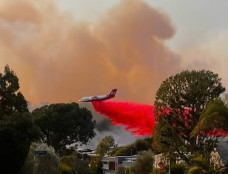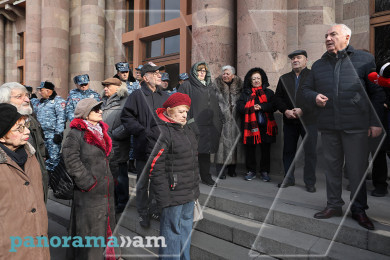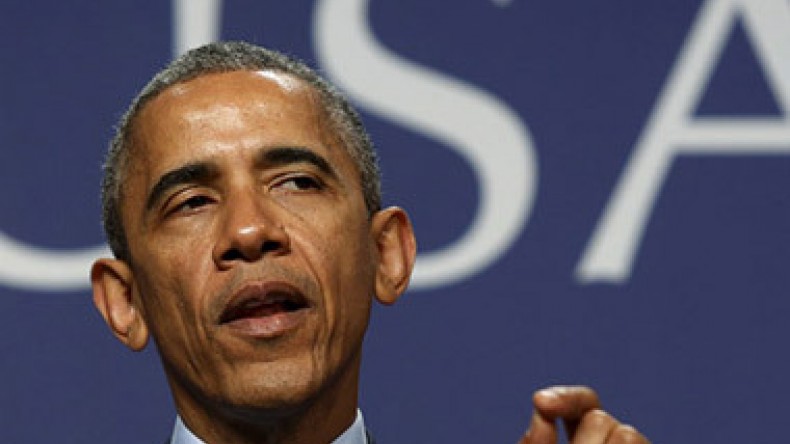
‘Obama, Ghani need each other for political survival’
President Obama needs Afghanistan to show he is successful despite a failed Mideast policy, while Ghani’s survival as Afghan president depends on an influx of US money and presence of American troops, former State Department official Matthew Hoh told RT.
Afghan President Ashraf Ghani Ahmadzai is on his first official visit to the US. Both sides expect to bridge the gap between the countries over a range of financial and security issues. Speaking at a joint news conference at Camp David Ghani thanked the US and its troops operating in Afghanistan saying that their relationship is fundamental, and they are proud that it“will be transformed into an enduring relationship.”
RT: President Ghani meets Barack Obama on Tuesday. What do you expect from their talks?
Matthew Hoh: Both of these men need each other for their political survival. Ghani’s case is of course very apparent. He won a very fraudulent election, so fraudulent that they have never even released the numbers of ballots cast or who received how many ballots. His survival as President of Afghanistan is directly related to the mass of influx of American cash and Western money that his government receives, as well, as the presence of American soldiers to keep him in power.
President Obama, on the other hand, needs Ashraf Ghani because Obama is facing a lot of difficulties due to his failed policy choices in the Middle East whether it be Libya, Yemen or going after the Islamic State… So he needs Ghani, he needs Afghanistan to show that he is still successful, that he hasn’t given up, that the US is still committed to fighting terrorism.
RT: President Ghani is almost certain to push hard to keep the current 10,000 American troops through to or even beyond 2016, as well as some long-term commitments of money and support from the US. How does the American electorate feel about that?
MH: It is difficult to say. The American electorate right now is so overwhelmed with domestic issues, we have an economy, we have budget concerns, our economy is doing poorly, it is still difficult for many people to find meaningful work, while the threat of terrorism, while the propaganda of ISIS takes up a lot of air time. There is not much substantive discussion as to the results of the American occupation of Afghanistan. We do know that the war at least last year was very unpopular according to public opinion polls, the most unpopular war in American history, with over 80 percent of American respondents saying that they were not in favor of continuing the American presence in Afghanistan; and more than half of Americans saying that the war in Afghanistan had been a mistake.
However, like I said there were so many domestic challenges, with this great bogeyman, with this great Frankenstein that the IS is, I think Afghanistan is far from many Americans’ minds.
RT: 13 years of war, aimed at rooting out the Taliban, but the group is still on the rise. Would an American extended presence in the country help to at least maintain the shaky security there?
MH: I believe it is only going to help maintain the security of Kabul, keep the city state of Kabul in the hands of the Afghan government. And it will also allow for the continued presence of the Afghan government in urban centers outside of Kabul, mainly through the protection of American forces that bolster and may provide to Afghan security forces. But mostly especially through the Western money, the American money and other nations that pump billions of dollars into the Afghan economy. That allows for Ghani as his predecessor, Hamid Karzai, to run basically a patronage network, to run a kleptocracy that was funded on the distribution of corruption and ill-gotten wealth to keep themselves in power.
Newsfeed
Videos





